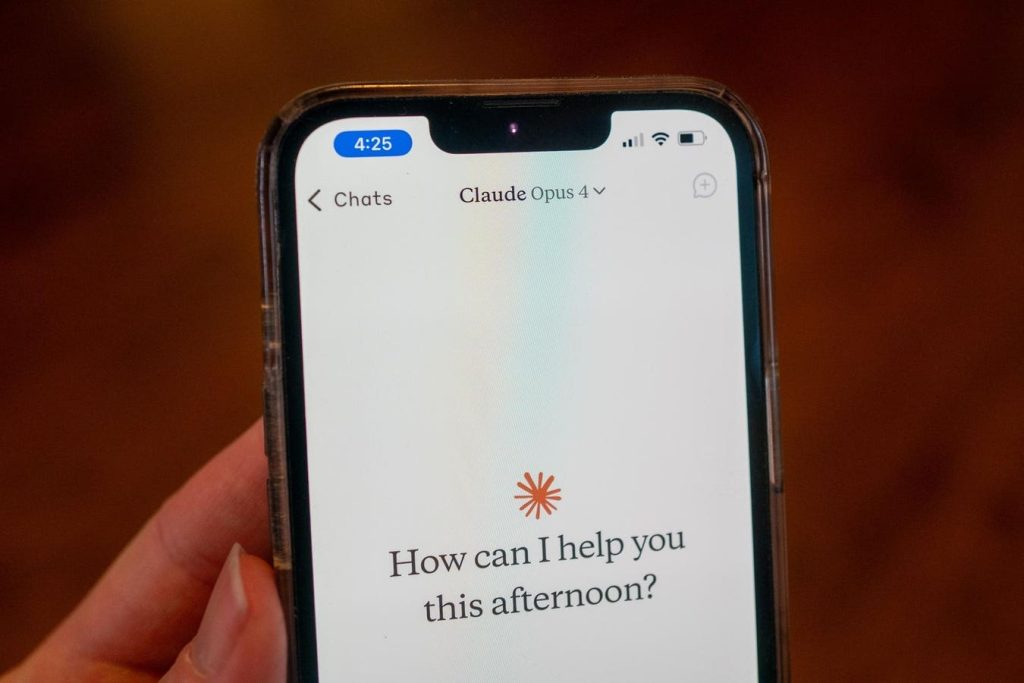Claude a prominent foundational model is getting sued for copyright infringement
Gado via Getty Images
In a decisive move that could reshape the legal and ethical boundaries of AI development, Anthropic, the maker of the Claude large language model, has reached a preliminary settlement with authors who accused the company of mass copyright infringement. The deal, expected to be finalized by September 3, allows Anthropic to sidestep what could have been a billion-dollar courtroom showdown — and potentially over $1 trillion in copyright liability.
This high-stakes settlement marks the first real legal reckoning for a generative AI company over how it acquires training data. While the broader industry has leaned on “fair use” defenses, Anthropic’s methods were found to have crossed a legal red line — one that could have devastated the startup’s future.
Behind the Scenes: How Anthropic Built Its AI on Pirated Books
In contrast to public-facing claims of ethical AI development, court filings revealed that Anthropic downloaded millions of copyrighted books from piracy sites, including Library Genesis, to build a permanent “central library” of training data.
This wasn’t a one-off scrape — it was a systematic acquisition of over 7 million potentially infringing works. U.S. District Judge William Alsup, who had previously ruled that training AI on copyrighted materials may qualify as fair use, drew a clear line here: how the data was acquired still matters.
The judge certified a class action against Anthropic, opening the door to statutory damages starting at $750 per work — and up to $150,000 per work for willful infringement. Had the case gone to trial, Anthropic faced potential damages exceeding $1 trillion, a sum so staggering the company claimed it would have been a “death knell.”
Why the Fair Use Argument Rings Hollow with Claude
For years, AI companies like OpenAI, Meta, and Anthropic have claimed their use of copyrighted works is transformative and therefore protected under fair use law. But the Anthropic case exposes a fundamental contradiction: while claiming innovation, these companies have avoided paying for the very content that fuels their technology.
The Association of American Publishers captured the dilemma clearly: “AI can’t exist without using human authorship.” Yet, instead of seeking licenses or compensation, Anthropic’s strategy was to quietly download copyrighted books from illicit sources — a method that undermines the industry’s credibility and legal position.
Even though the settlement amount remains confidential, it is widely believed to be far less than what proper licensing would have cost upfront.
Why This Settlement Matters for the Entire AI Industry
This isn’t just about Anthropic. The settlement sets a precedent for dozens of ongoing lawsuits against OpenAI, Meta, Google, and others. Legal insiders predict a cascade of settlements in the coming months, as companies realize the cost of fighting — and losing, could be existential.
Key takeaways for the AI industry:
Fair use is not a blanket defense when the method of data acquisition involves clear-cut piracy.
AI ethics and compliance are moving from optional to existential.
Litigation risk is now a real line item on the balance sheet of every generative AI firm.
Tech leaders must now weigh the true cost of shortcutting licensing against the legal and reputational risks of infringement.
The Anthropic copyright settlement may not have made headlines like ChatGPT or Google’s Gemini, but its implications are arguably more transformative. It is the first time a generative AI company has been held financially accountable for building on the backs of unpaid creators — and it won’t be the last.
With the September 3 finalization date looming, this case may well mark the beginning of the end of the Wild West era of AI data scraping. Legal clarity is emerging, and the message is clear: if AI is truly transformative, its foundations must be built on respect — not theft.


